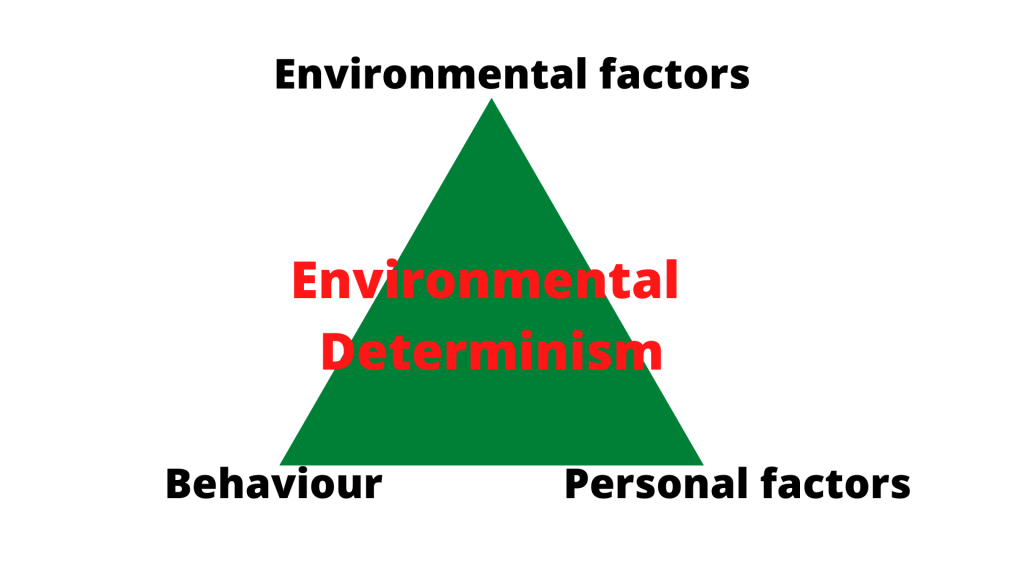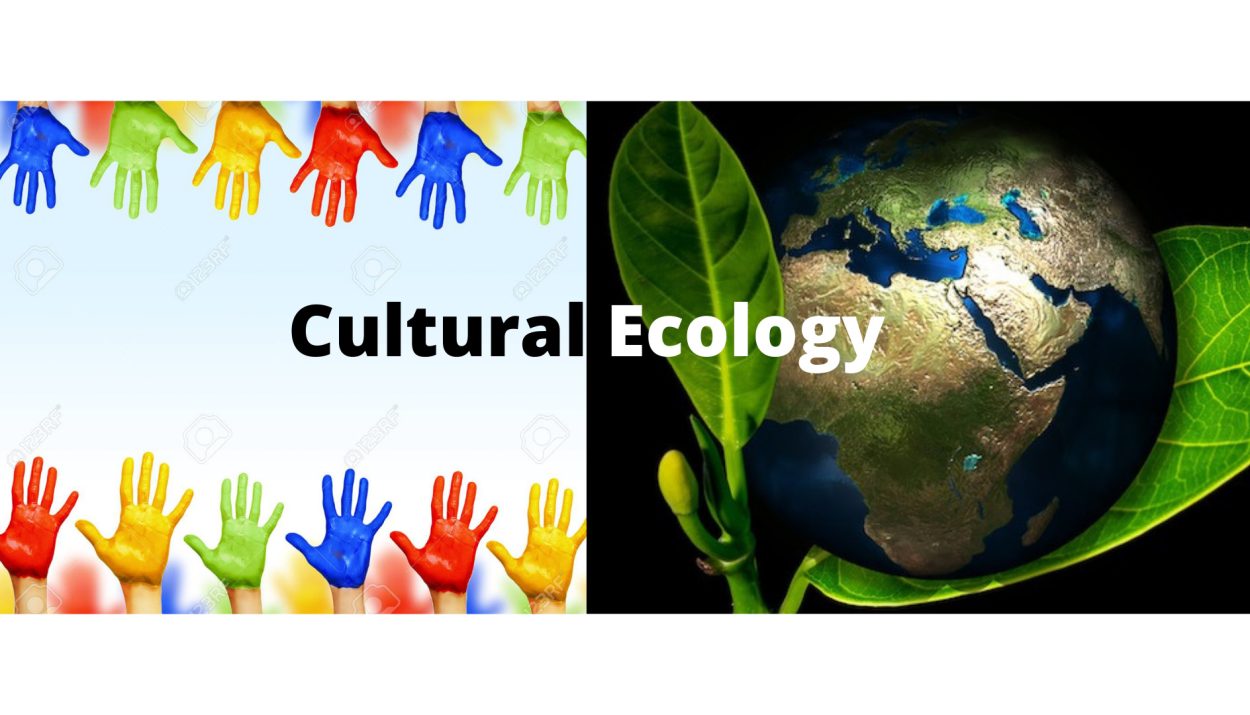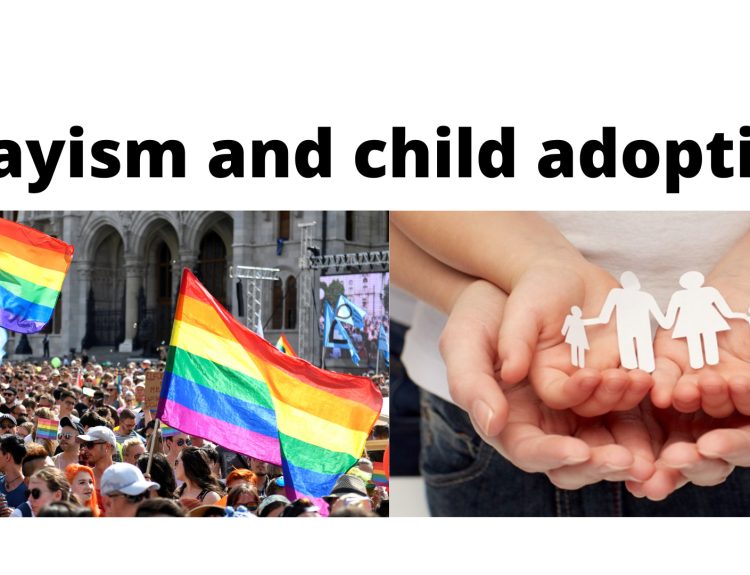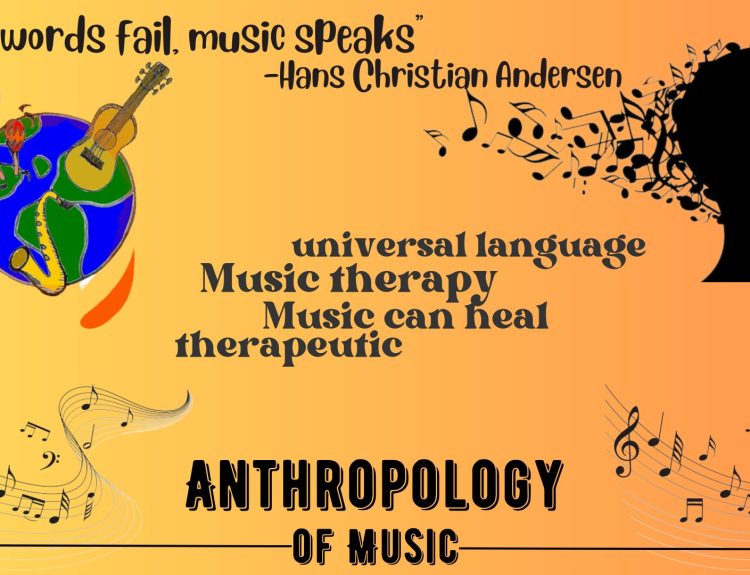Ecological anthropology is a field of study that deals with how man and his culture adapt to their surrounding environment. In other words, the adjustment or adaptation of Homo sapiens to their environment more specifically speaking cultural adaptation to the environment is ecological anthropology. Man creates culture (Culture is the man-made part of the environment- M. J. Herskovits).
Ecological anthropology discusses many contributions which shall be taken up one by one. The first name which is important to understand the field of ecology is that of Julian Steward. He made an important contribution to the study of cultural ecology. Cultural evolution refers to how cultures adapt to their surrounding environment. J. Steward is also known as Neo-Evolutionist.
According to J. Steward, man lives in cultures and cultures differ from each other. There is a cultural variation which means that cultures are different from each other. The way of life of a people in a culture is greatly influenced by the environment. Hence, generally speaking, we can say that cultural ecology is that field of study under which we understand how different cultures adapt to their environment and how this adaptation influences their way of life.
Environmental determinism

Darwin’s theory of the Struggle for existence and Survival of the fittest motivated many anthropologists. According to this theory, there are limited resources available and for survival, individuals have to compete with each other and those individuals will survive who establish a relationship with their environment. Then the concept of environmental determinism emerged. Environmental determinism refers to the environment determining the culture of the population.
Concerning environmental determinism, many debates occur. Some scholars agree with this concept while others weren’t. Franz Boas and Malinowski have a view that environmental determinism could not sufficiently account for observed realities.
During this time, Steward gave the term ‘Cultural Ecology’, in which he clarified that cultures of similar environments have similarities with each other and he also looked for adaptive responses to similar environments that gave rise to cross-cultural similarities.
Theories of the evolution of Cultural Ecology
Near the 1950s there was a criticism against the existing theories of culture and this criticism encouraged a new aspect to understand culture through the ecological perspective.
J. Steward was against Historical particularism (each society is a collective representation of its unique historical past) and cultural area concept (a geographic region and time sequence is characterized by substantially uniform environment and culture).
He emphasised the influence of the environment on culture and cultural evolution. He disapproved of the claim of Franz Boas. Boas believed that cultures are unique and cannot be compared with each other.
According to Steward, there is nothing wrong with the comparison between the two cultures. He gave the idea of multi-linear evolution which means that all cultures of the world have not passed through the same development stage, rather their stages were different in different areas or sub-areas.
In ecological anthropology, Steward is an important personality. With time discussion of ecological anthropology increased.
J. Steward gave 3 steps regarding cultural ecology:
- If we study the cultural ecology of a society, then we should see what are the national resources of that society and what technology do the people of that society used to use those resources.
- According to the Steward, what are the subsistence and economic activities of the society and how is the social organization there?
- How do the above-mentioned steps affect the other aspects of the culture?
Conclusion
At present time, we can say that ecological anthropology is additionally important. Anthropological knowledge has the potential that guides the human population about how to survive in their changing surrounding environment. How does the human population for his or her own determine sustainable ways of life?
Read more:
- Lamarck’s Theory of Evolution
- Bipedalism and Structural Changes
- Natufian Culture
- Cache of ancient coins dating back 100,000 years unearthed in Japan
- James George Frazer








2 Comments